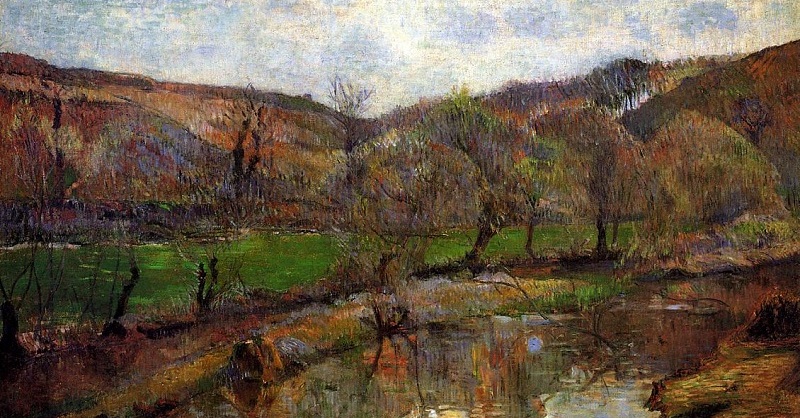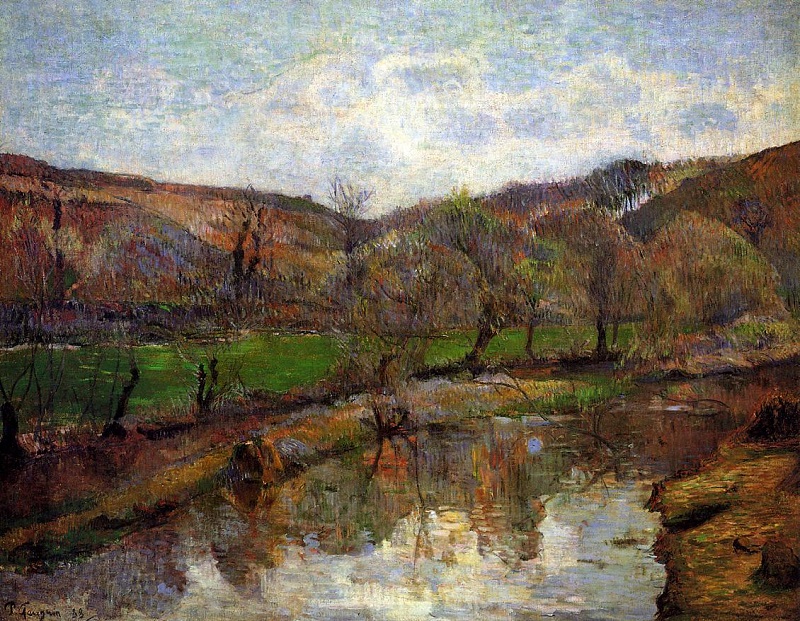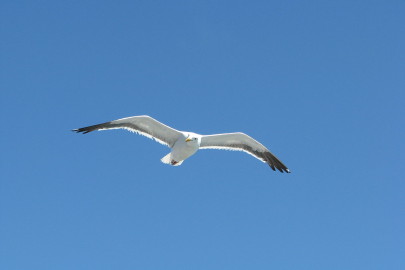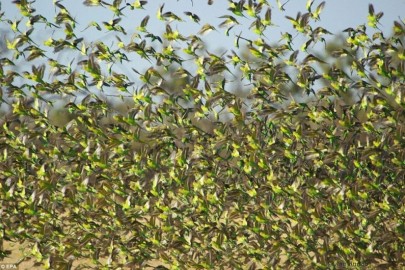In today’s poetry feature Stephen considers the importance of being idle…
I think of idleness as a good thing. I do not associate idleness with lassitude, laziness, or sloth. Rather, I associate it with repose, reverie, and contemplation.
People who carry on cellphone conversations in public are in dire need of idleness. People who walk through the world with their head down, peering at their smartphone while scrolling and tapping, are in dire need of repose, reverie, and contemplation.
These thoughts may mark me out as a reactionary anachronism. For my younger readers, I offer the following anecdote in order to provide some perspective on my fuddy-duddyness. Long ago, in my early years of practicing law, I received letters from clients and opposing counsel. These letters arrived in envelopes that had stamps on them. I would take a couple of days to consider how to respond to each letter. I would then write a letter in reply, place it in an envelope, put a stamp on the envelope, and deposit it in a mailbox. I’m not pulling your leg.
Yes, I come from an ancient world. A lost world. Hence my fondness for idleness.
Period
It was a time when wise men
Were not silent, but stifled
By vast noise. They took refuge
In books that were not read.
Two counsellors had the ear
Of the public. One cried ‘Buy’
Day and night, and the other,
More plausibly, ‘Sell your repose.’
R. S. Thomas, H’m (1972).
Your gift of life was idleness,
As you would set day’s task aside
To marvel at an opening bud,
Quivering leaf, or spider’s veil
On dewy grass in morning spread.
These were your wandering thoughts, that strayed
Across the ever-changing mind
Of airy sky and travelling cloud,
The harebell and the heather hill,
World without end, where you could lose
Memory, identity and name
And all that you beheld, became,
Insect wing and net of stars
Or silver-glistering wind-borne seed
For ever drifting free from time.
What has unbounded life to do
With body’s grave and body’s womb,
Span of life and little room?
Kathleen Raine, The Oval Portrait (1977). The poem is untitled.














St. Anselm’s Abbey in Washington, DC, sends out collections of short essays by a few of its monks once or twice a year. A few years ago, the former abbot, Fr. Aidan Shea, wrote one. In it, he said that in his youth he had been accustomed to set letters aside until he had the time to give them the attention they deserved. One such letter contained greetings from the president of the United States, and his delay in reading it led to MPs showing up on his mother’s doorstep. He did his military service, but evidently he was meant to be a Benedictine all along.
Joseph Pieper’s Leisure, the Basis of Culture is interesting on the point, mentioning among other matters the derivation of the word “school” from the Greek “skole”, leisure or spare time.
George: thank you very much for your thoughts. Nice story about Fr. Shea! And thank you for mentioning Pieper’s Leisure, and the source of “school.” I have been meaning to read the book for years, but I have never gotten around to doing so. Your mentioning it is a good reminder. With respect to repose, reverie, and contemplation, another book comes to mind as well (which I’m sure you are familiar with): Patrick Leigh Fermor’s A Time to Keep Silence.